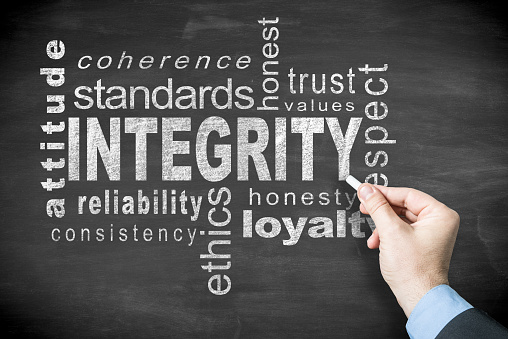This blog is for people who record oral history interviews and organizations and individuals who keep collections of oral history data. In a previous blog we looked at the oral history consent form, today we’re going to be looking at the legal and ethical issues that oral historians should look out for.
Legal Issues
Copyright

Copyright is a type of intellectual property that gives its owner the exclusive right to make copies of private property. This simply means a legal term that has the legal weight to protect an author’s work. It is a type of intellectual property that provides exclusive publication, distribution and use. When it comes to oral historians and collecting data, the big legal question becomes who has legal ownership of the tape.
Now copyright is a creation of law in each country and therefore there is no such thing as an international copyright law. Nevertheless nearly 180 countries have ratified the Berne Convention administrated by WIPO, World Intellectual Property Organization. WIPO sets a minimum set of standards for the protection of the rights of the creators of copyrighted works around the world. Such property that qualifies under WIPO are such as literally work, a film, software program, a painting or any other expression of creative ideas.
So, when does copyright protection begin you may ask when it comes to the Berne Convention? The basic principle of the Bernie Convention is that of automatic protection. Which simply put protection exists automatically from the time a qualifying work is fixed in a tangible medium (paper, audio, recorder, film or chip)
Going by this principle, the interviewee is usually deemed to be the sole author of the tape and the singular copyright holder. It is important that an oral historian collecting data asks the narrator to sign a legal release form. This legal form asks the narrator to transfer his or her ownership to the interviewee or the institution that has commissioned the interview.
If you the oral historians/interviewer is looking to use the information in published writing or in public presentation you must secure the rights to do so from the narrator using the legal forms that clearly state your intentions with the data. Legal forms do not guarantee against legal issues but will definitely help in a court case concerning copyright issues.
John Neuenschwander reminds oral historians it is cheaper to hire a lawyer at the beginning of a project than to hire a lawyer later to defend you in a lawsuit, so the best protection is to have a lawyer verify your legal forms before you have the narrator sign them. Another great tip relating to the legal forms if there are any, is to ask the narrator to sign them after the interview. Do not ask them to sign before the recording since it would be tantamount to asking someone to give up control before they knew the questions they would be asked.
Libel
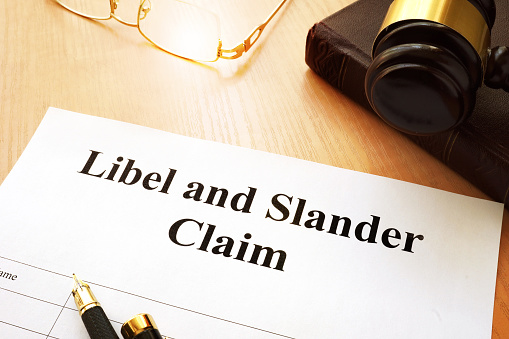
Now as a narrator aside from the possibility of being taken to court because of infringement of copyright, you must also be aware of being sued on a charge of libel. This is where what you as a narrator have detailed in your oral history works and what your narrator narrated to you are false and maybe taken as intent to harm a person’s reputation.
You may think that what a narrator may choose to say about someone else is the narrator’s problem, but it is your problem as the oral historian. It is the court’s assumption that, anyone who repeats, republishes or redistributes a defamatory statement made by another can be held liable as well. As oral historians collecting data from the narrator, they have a moral obligation to verify narrations by widening their scope of study, or subjects.
Privacy

According to Herbert C Kelman, a social scientist who studied legal and ethical issues, defines invasion of privacy as exposure of damaging information diminishing a person’s control of liberty and intrusion into a person’s private space. These may include acts such as, secret listening by means of electronic bugging, recording without the narrator’s consent. It is always required of any oral historian to begin any recorded interview by informing the narrator that the session is being recorded and seek consent. Public revelation of information that the narrator said was private or intimate and requested it remain that way is opening up doors for legal action. In oral history, legalities are in place to protect the human subjects and uphold their privacy
Ethical Issues
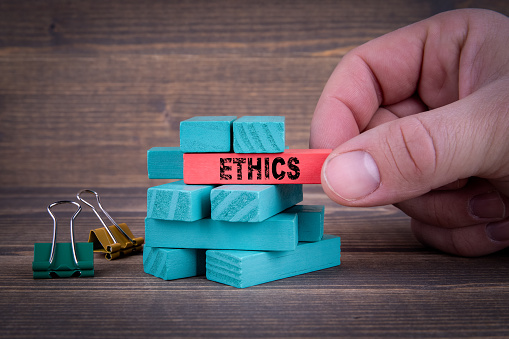
This has more to do with the moral principles pertaining to right and wrong. Often times what is a legal issue turns out to be an ethical issue as well. Some ethical issues that should be observed to avoid court time include:
Honesty and Integrity
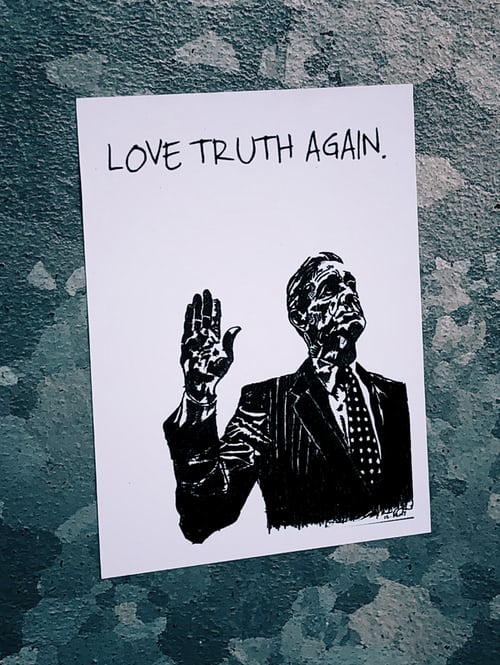
Oral historians should seek to respect the narrators as well as the integrity of the research study. In the use of interviews, oral historians strive for intellectual honesty and the best application of the skills of their discipline, while avoiding stereotypes, misrepresentations, or manipulations of the narrators’ words.
Objectivity

Oral historians should aim to be as objective as possible during their interview with the narrator and also while publishing their findings.
Openness

As an oral historian collecting data, it is the duty of the oral historian to lay out every detail that the narrator needs to know regarding the interview. Hiding details regarding the interview like what the data will be used for or where it shall be stored or recording details or if anyone else is going to listen to the audio recordings of the interview can lead to a very heavy lawsuit if it is deemed a violation of the narrator’s privacy.
Respect for intellectual property

Intellectual property is a category of property that includes intangible creations of the human intellect. People own the right to their own words and when an oral historian collects a narrative from an individual, that is intellectual property they are collecting they therefore need to treat it with the respect it deserves. Handling the data, especially sensitive data that is personal, should be securely stored and not exposed for the world to see or hear.
Confidentiality
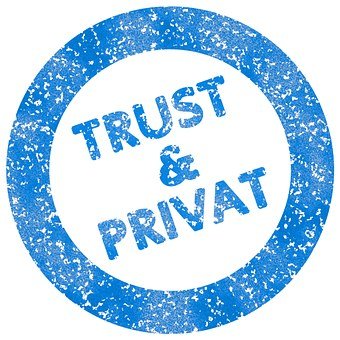
Oral history interviews could be to some extent defined as confidential. There are some interviews that are extremely personal and the narrator needs to be assured of confidentiality. Interviewers and custodians should not pass on confidential information without the narrator’s permission. Interviews and transcripts should be kept in secure and locked conditions
Responsible Publication

It is the responsibility of the oral historian to avoid harm to the narrator while publishing their findings. Proper judgement should be considered when deciding on what to publish. Some rogue researchers may conclude that their research will garner more readers or listeners or even viewers if they publish scandalous details of what their narrators shared with them. Respectable researchers will try and make the content of their study as favorable to the narrator as possible to avoid a future date with the court.
Conclusion
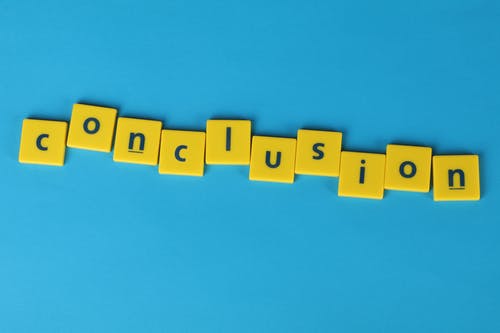
There is a whole slew of ethical and legal issue surrounding oral historians that they need to be aware of. But Immanuel Kant put it simply, his ethics are organized around the notion of a “categorical imperative,” which is a universal ethical principle stating that one should always respect the humanity in others. One should treat people as having intrinsic value and not simply as a means to achieve one’s end.
Check out our related blog post on Truth, Trust, and Testimony: Ethical Considerations in Presenting Oral Histories
That’s it for this blog, I do hope it was helpful. Please contact us for any oral history transcription services you may require. Till next time, remember to always be kind, try to stay positive and learn to unwind.
